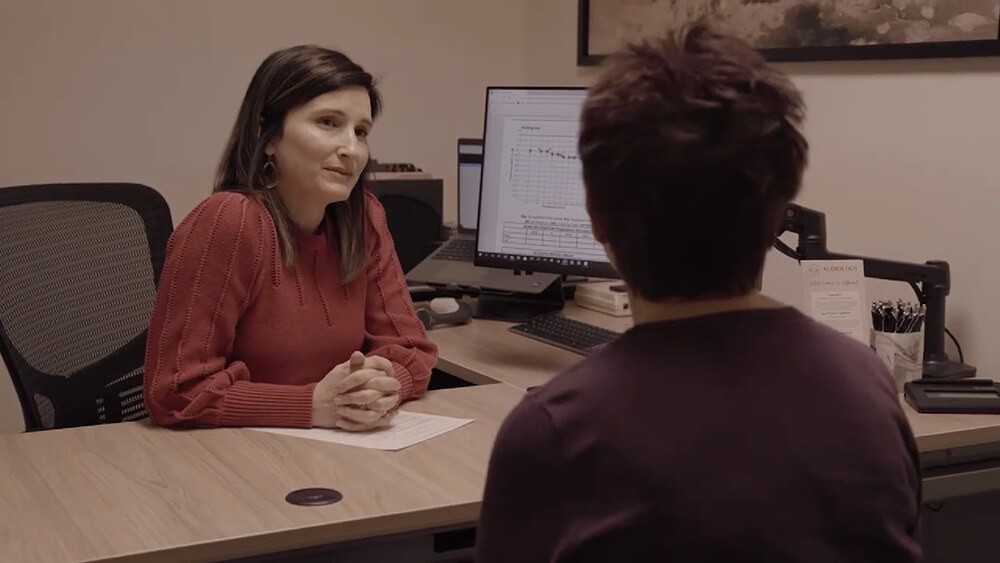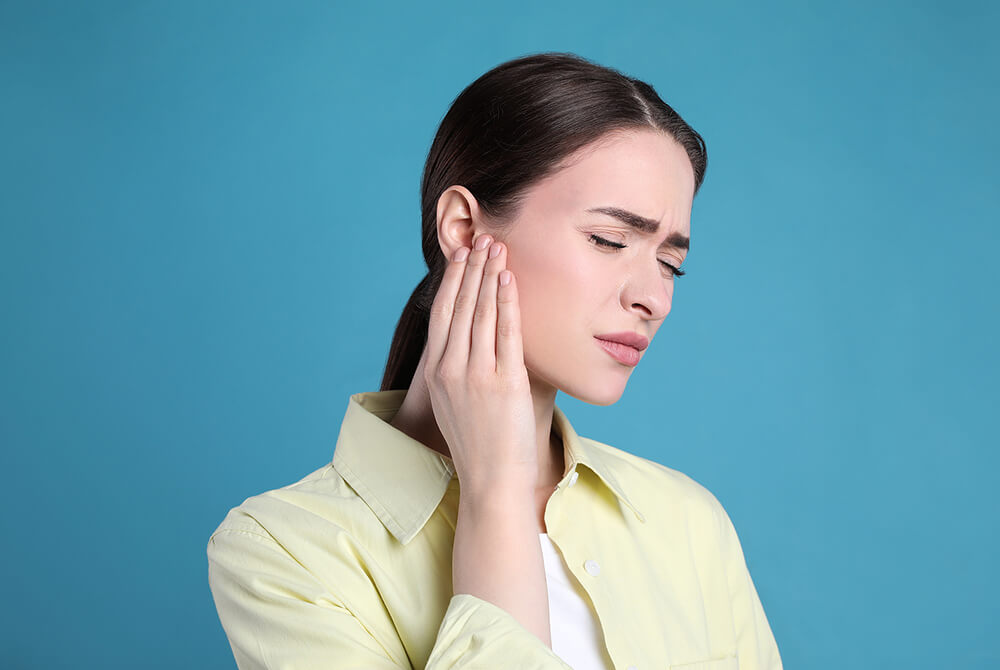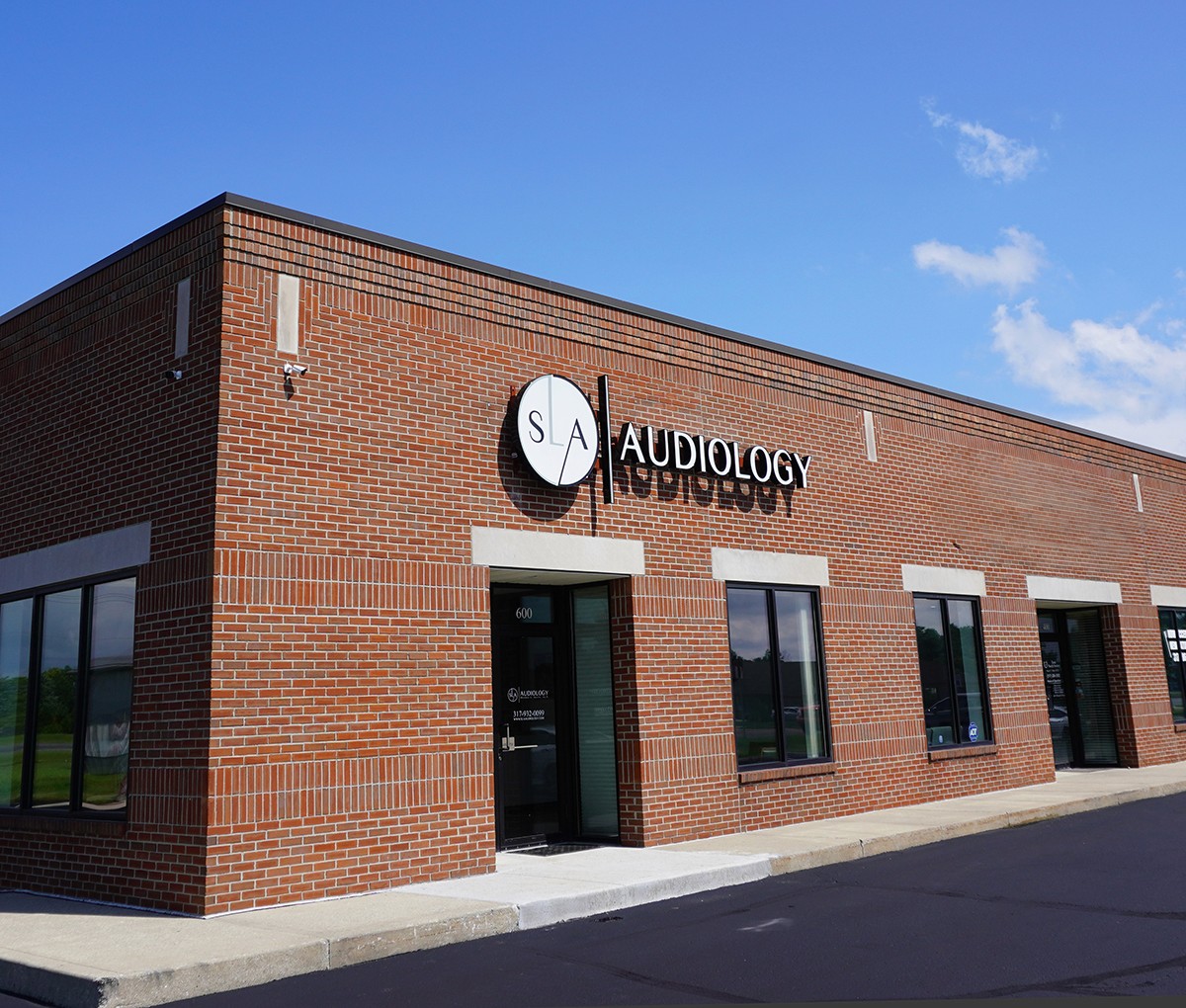Hearing Loss Overview
Fading stigmas and increased awareness are transforming how we approach hearing health, providing essential support for those ready to address their auditory challenges.
Experiencing a Hearing Revolution
We're amidst a significant cultural shift as many from the Boomer generation experience hearing loss. This demographic change is ushering in more resources, support, and methods than ever before for those encountering hearing challenges.
Initially experiencing hearing loss can make you feel isolated and lonely as you feel you need to deal with it alone— but the truth is that millions of people experience your same symptoms worldwide.
Our Clinic's Commitment
We've dedicated ourselves to helping patients understand and manage their hearing loss effectively. Our goal is to make your hearing loss intervention as comfortable as it is successful, ensuring it aligns with your lifestyle. Reach out today to discover a customized hearing plan tailored just for you.
Understanding Hearing Loss
Hearing loss can be complex, but we aim to make it simple






